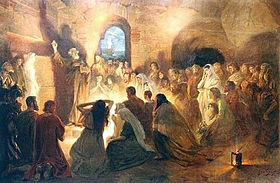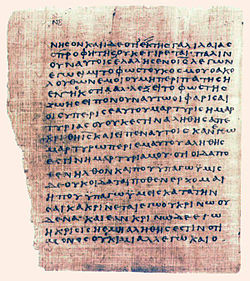
Excerpt from the Author's Explorations of Faith: Studies of the Heroes of Faith in Hebrews 11 (2009)ASSASSINSKEEPERSDoubtDesireDivisionConfessionConductCommunionTHE SCRIPTURE warns us not to be slothful but to be diligent in faith (Heb. 6:12; Judg. 18:9). Faith is not only to be guarded (Rev. 14:12) but also to be contended or fought for (Jude. 3); for it is only by fighting that one keeps one’s faith (2Tim. 4:7). The crisis of faith is a condition...

















